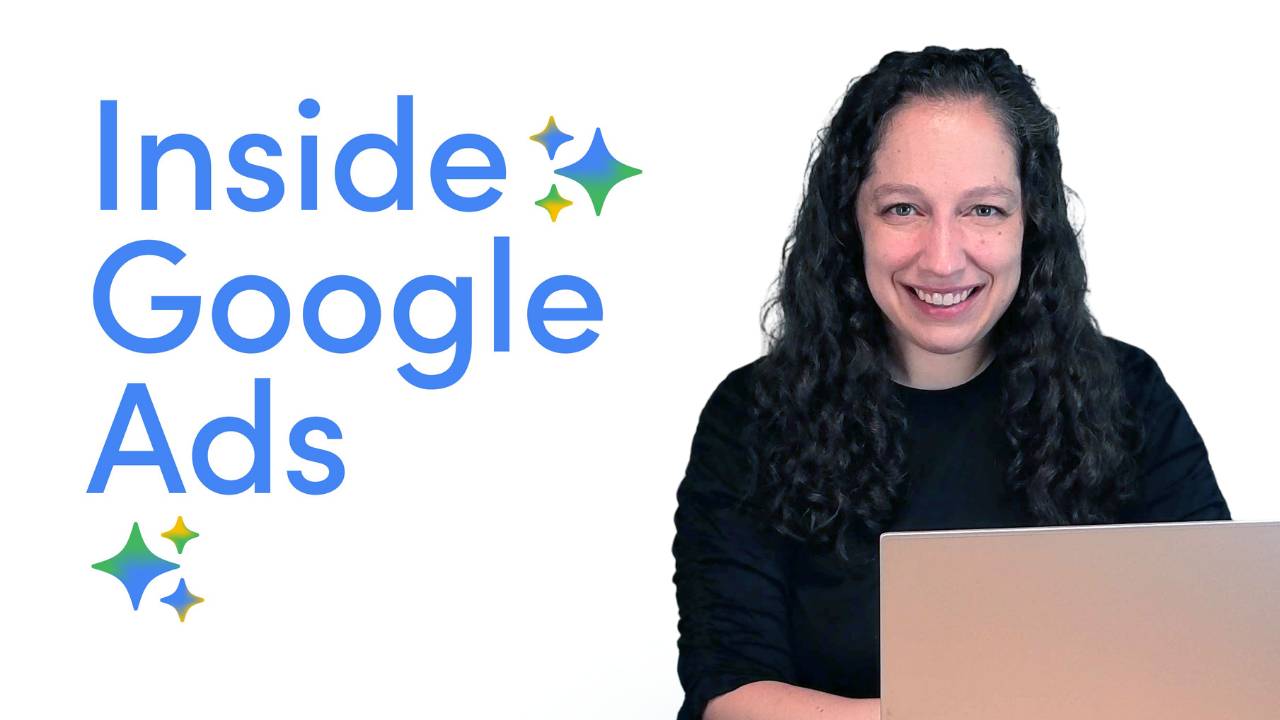Phrase Match in Google Ads: The Middle Child No One Loves?
May 12, 2025
By: Jyll Saskin Gales, Google Ads Coach
Is there still a role for Phrase Match keywords in Google Ads? It used to be the comfortable middle ground, the Goldilocks solution between the tight control of exact match and the wide net of broad match. But nowadays, is phrase match still a viable option, or has it become… well, a bit useless?
Let's explore why phrase match might no longer be the go-to option it once was and explore the arguments for focusing on exact match or broad match instead. We’ll cover:
- Understanding the traditional role of phrase match in Google Ads.
- Examining why exact match remains a powerful tool for control and precision.
- Exploring the advantages of broad match when combined with smart bidding and Google's expanded signals.
- Discussing why phrase match might not offer the same benefits of control or reach in the current Google Ads environment.
- Providing guidance on when to consider starting with exact match and when broad match might be the right choice for scaling.
The Rise and Fall of Phrase Match
For a long time, phrase match keywords, denoted by quotation marks around your keyword (e.g., "running shoes"), allowed your ads to show for searches that included your exact phrase, or close variations of it, with additional words before or after.
However, the Google Ads landscape has evolved significantly, particularly with advancements in machine learning and the way Google understands search intent. Now, phrase match allows your ads to show for searches that include the meaning of your keyword, not just the exact phrase or close variants. This can lead to a lot of irrelevant search terms and wasted ad spend.
Exact Match: Still the King of Control
One of the key reasons why phrase match is facing scrutiny is the enduring strength of exact match. As the most restrictive match type, exact match (denoted by square brackets, e.g., [running shoes]) provides you with the highest degree of control over when your ads appear. While Google's definition of exact match has also expanded to include searches with the same meaning, it still offers the narrowest targeting.
This control is particularly valuable when:
- You have a limited budget: Exact match helps ensure your budget is spent on the most relevant and high-intent searches.
- Your offer is very specific: If you're targeting a niche audience with a particular product or service, exact match can help you reach them directly.
- You're just starting out: For small business owners or those new to Google Ads, the control offered by exact match can make it easier to manage campaigns and understand performance.
Broad Match: Leveraging Signals for Scalability
On the other end of the spectrum, broad match keywords (the default match type without any modifiers) have become increasingly powerful when paired with smart bidding strategies.
- Landing pages: The content and keywords on your landing page help Google understand the context of your ads.
- Keywords in your ad group: Google looks at the other keywords in your ad group to understand the overall theme.
- Previous searches: A user's past search history can provide valuable context about their interests and needs.
- And millions more signals.
This ability to leverage extra signals allows broad match, when combined with smart bidding focused on conversions, to tap into a wider pool of potentially valuable searches that phrase and exact match might miss.
Where Does This Leave Phrase Match?
The argument against phrase match in the current environment is that it often doesn't offer the distinct advantages of either exact or broad match.
- Less Control than Exact Match: Phrase match allows for additional words before or after your target phrase, which can lead to your ads showing for less relevant searches than you might expect with exact match.
- Fewer Signals than Broad Match: Unlike broad match, phrase match doesn't fully leverage the array of additional signals that Google uses to understand search intent and find relevant traffic beyond the specific keywords.
Essentially, phrase match offers less control than exact match without providing the expanded reach and signal utilization of broad match combined with smart bidding. This can leave it in an awkward middle ground where it doesn't excel in either area.
Choosing Your Keyword Match Type: A Practical Guide
So, what's the takeaway? While there isn't a single "best" match type for everyone, here's some general guidance:
- Starting Out or on a Small Budget: If you're new to Google Ads or working with a limited budget, starting with exact match keywords is often a wise choice. This allows for greater control over your spending and helps you focus on high-intent searches.
- Looking to Scale with a Larger Budget: If you have been running ads for a while, have solid conversion tracking in place, and are looking to expand your reach, broad match keywords paired with smart bidding strategies can be a powerful tool.
Ultimately, the best approach involves testing different match types and analyzing your campaign performance data to see what works best for your specific business goals. Just remember that Google Ad is constantly evolving.
Free Google Ads newsletter
Join 8,000+ business owners and marketers discovering my secrets to Google Ads success. Subscribe now for proven tactics in your inbox every other Tuesday.


